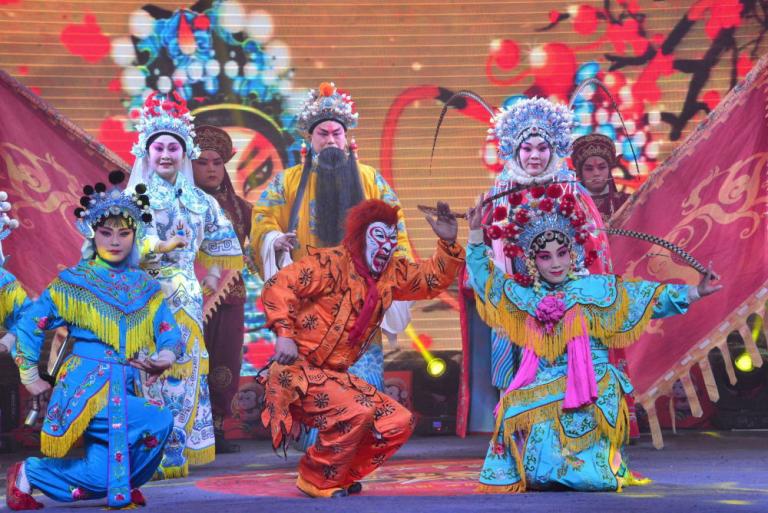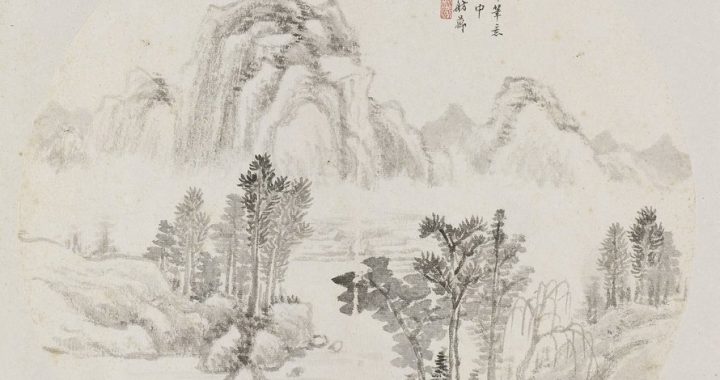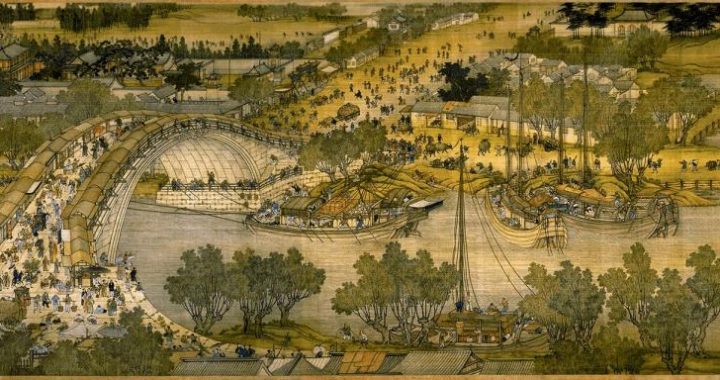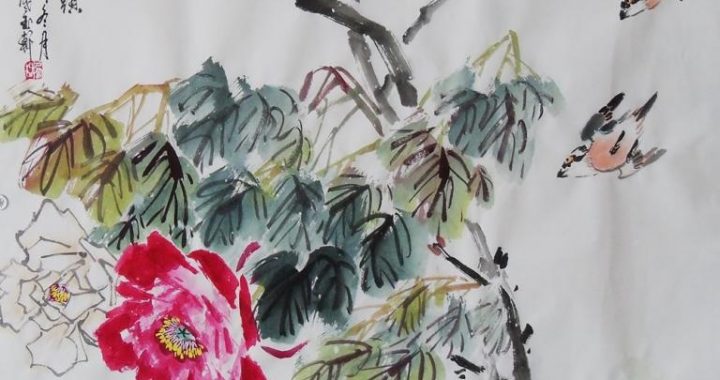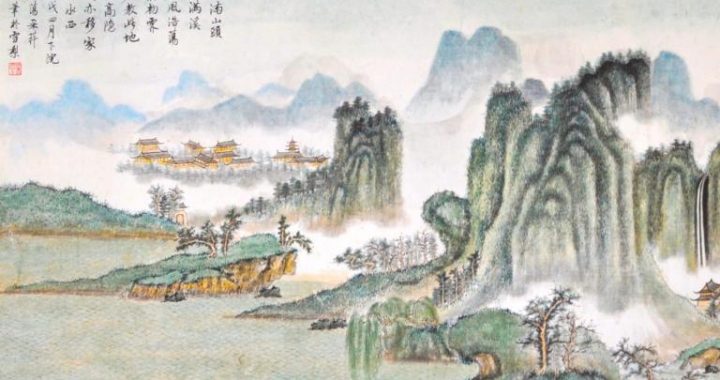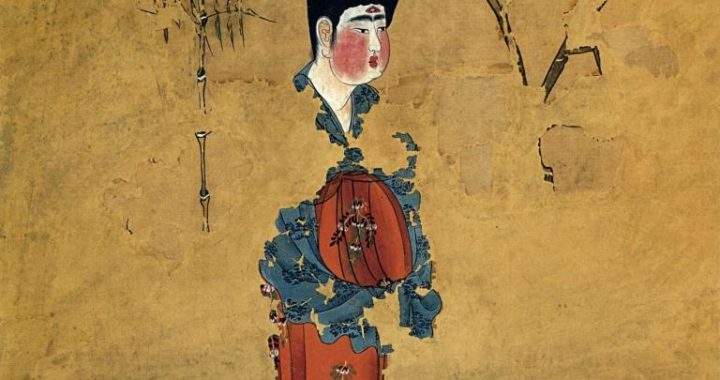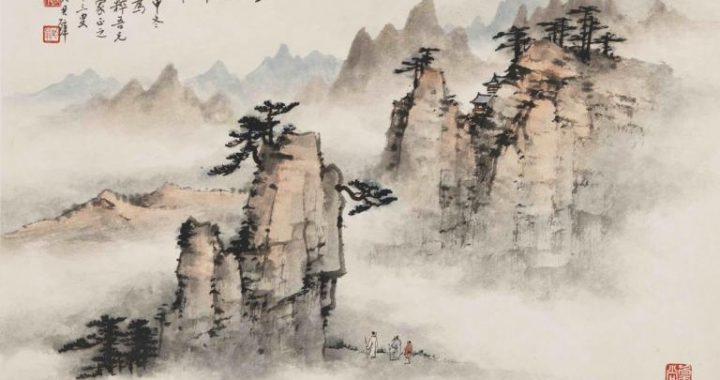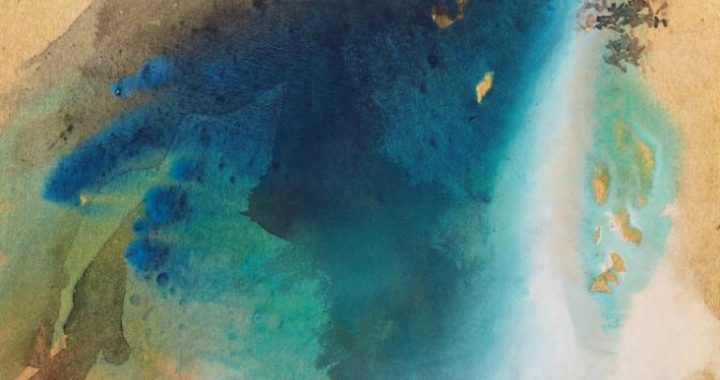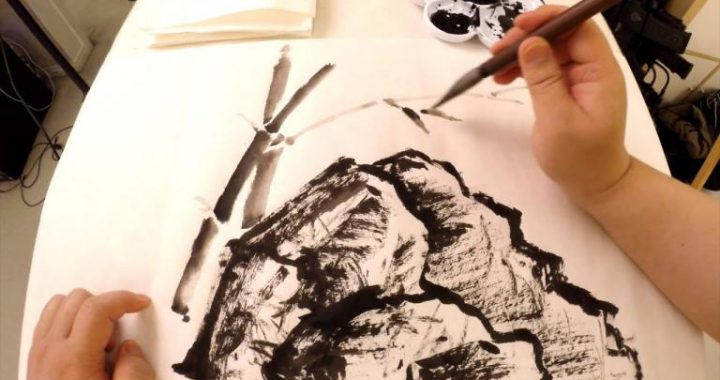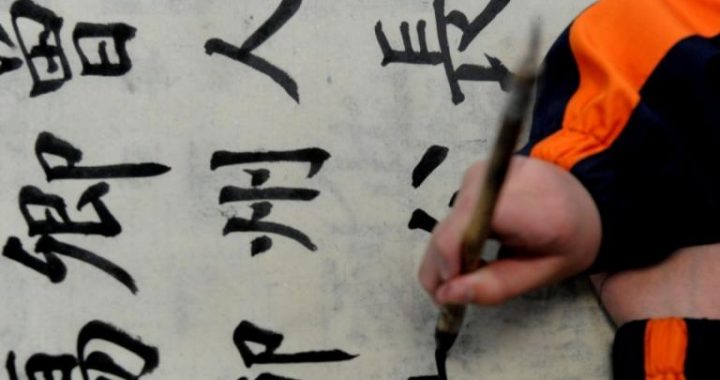The Charm of Chinese Operas
3 min readIt is performed in theaters, at teahouses, and in the open in the countryside. There are usually only a Ltable and two chairs on the stage. The actors wear costumes and colorful makeup-white face stand for evil and treacherousness, red face loyalty and courage, black face an honesty and fiery temper. The performance breaks the limits of time and space in an imagined way. For example, raising a foot means going upstairs, stretching out both hands signifies opening a window, waving a whip implies riding a horse, and waving oars stands for rowing a boat.A fierce battle involving thousands of soldiers is represented by the wieldingof spears,a trot around the stage means a journey of hundreds of miles, and a monologue brings a lapse ofdecades. Welcome to the world of traditional Chinese opera.
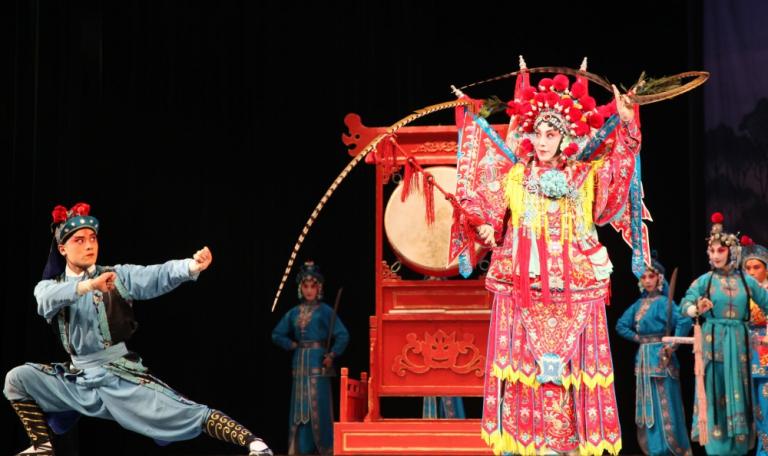
Almost every province in China has its unique formof opera. For example, Jiangsu has Kungu, Shaanxi has Qingiang, Zhejiang has Yueju, Hebei has Bangzi, and Anhui has Huangmeixi, among which Peking Opera is most the popular and influential. Traditional opera is a way of life as well as a form of art. It is still alive today, thanks to numerous amateurs and fans as well as professional actors.
The amateurs(piaoyou) refer to those opera fans who perform on stage when they are in the mood, just for entertainment and without any intention for material reward.
There were quite a few famous amateurs in the old days, who were more accomplished than many professionals in the four aspects of chang(singing), nian (dialogue), zuo(acting) and da(martial arts). Some of them came from prestigious families and were very good at classical arts such as calligraphy, poetry, painting andmusic. They played not for a living but for fun; therefore, their performance was often more innovative and in better taste. The amateurs still play a crucial role in the world of opera today. Students and teachers sometimesplay together in colleges and universities. Fans from different generations learn from each other in community cultural centers and children’s centers. With huqin (a two-stringed Chinese violin), amateurs play and sing inparks, at teahouses, at street corners-actually anywhere convenient-and enjoy themselves. Even foreigners are charmed by traditional Chinese operas. They watch, listen and even learn to perform. Wearing makeup, putting on a costume, putting on a dramatic pose and striking up an aria… How Chinese!
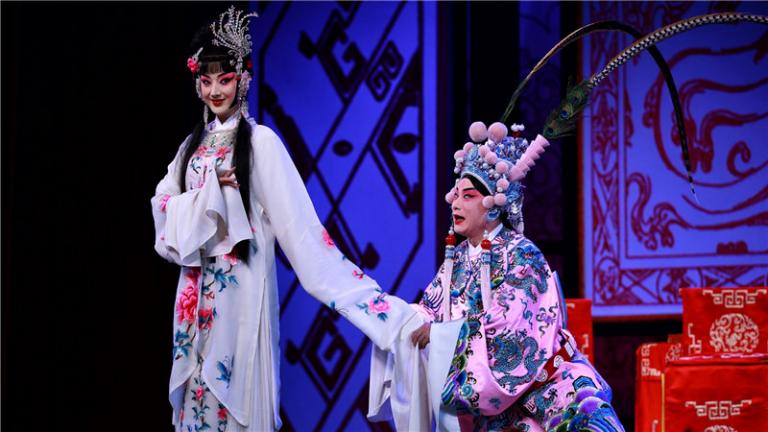
There are many amateurs who love to give performances, and there are even more people having great fun just watching and listening.Once upon a time,you would invite your friend to a theater if you werereally grand.Opposite the stage was a hall circled by balconies.There were table and stools in the hall,but the VIPs would go upstairs.It was expensive entertainment to watch an opera.You had to pay for the tea,the snacks,the hot towels as well as the tickets.Even shouting “bravo”was not free.The actors had to be awarded with cash.It was very noisy in the theatre,with the sound of gongs and drums and the waiters loudly greeting the customers.A real fan knew when to shout.A”bravo” at the wrong time would offend the actor as well as the other audience members.It was also a nasty trick to keep shouting”bravo,”since the actor had to somersault or sing continuously until all the spectators stopped yelling.
Theaters are no longer exclusive realms of the rich,but the custom of sitting around a table and drinking tea while watching has been retained.Today,fans do not have to go to the theater to enjoy traditional operas, since they reach millions of people through modern media such as television. The first movie made in China is a recording of the Peking Opera Battle of Mount Dingjun, and the China Central Television(CCTV) has created a special channel for opera fans. During Spring Festival, almost every variety show on television includes traditional opera. The classic pieces have been recorded in CD and DVD for fans to enjoy at any time.
